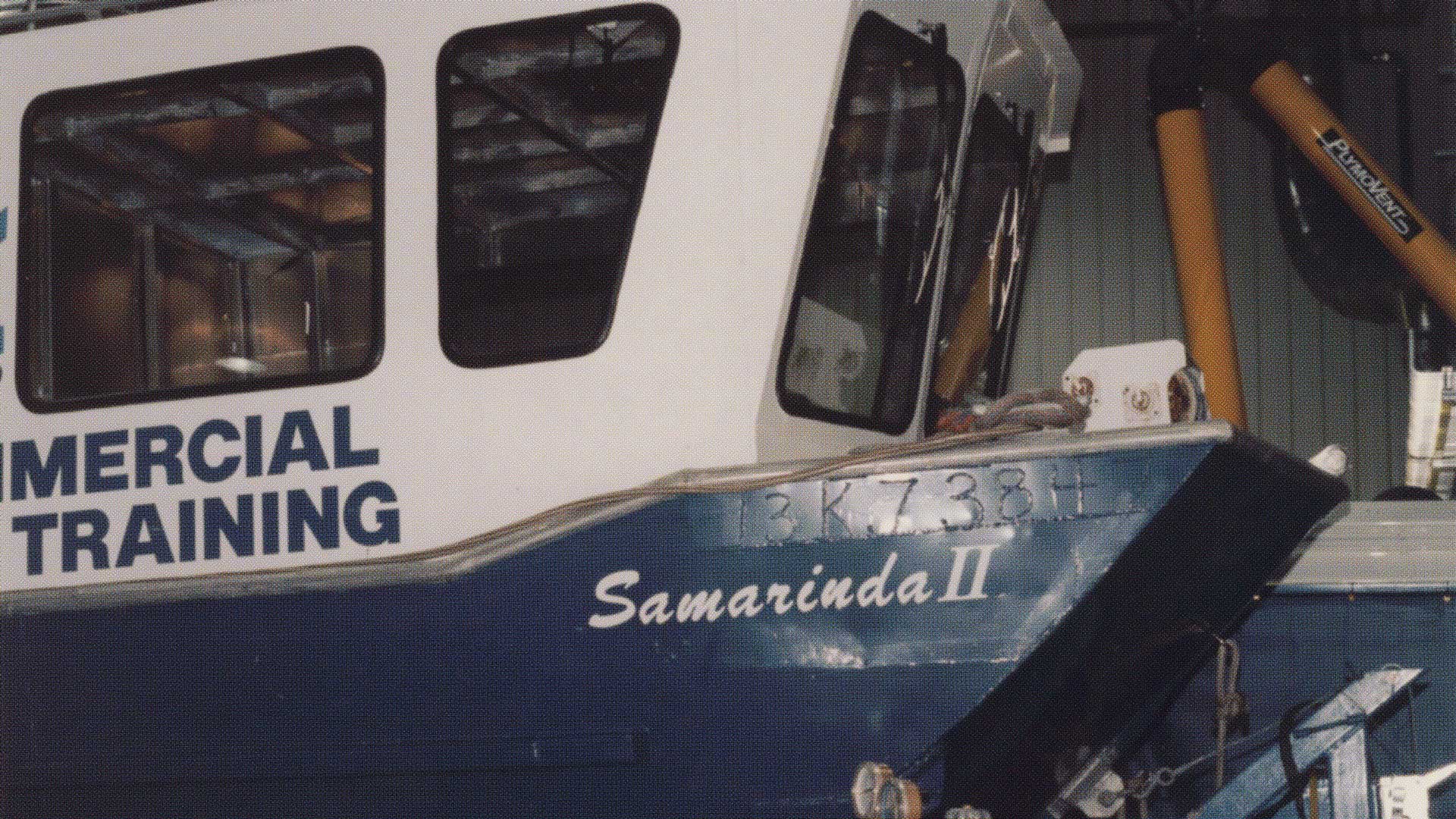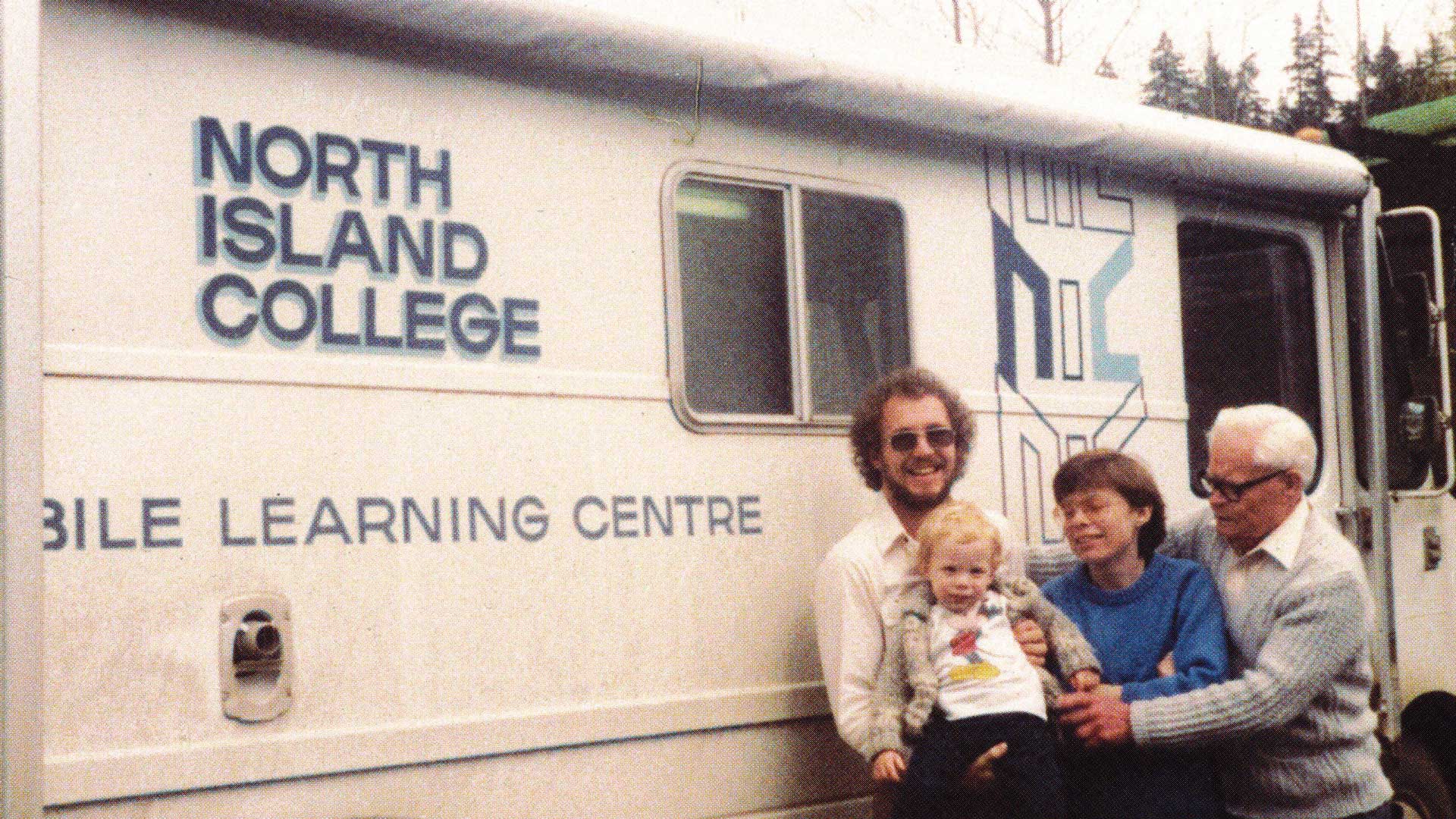Where we learn matters
Play audio:
Before North Island College laid down roots at the four current campuses, it started 50 years ago out of a portable trailer in Campbell River and a few converted school buses, as we understood education is more about laying down a path than it is about a single place.
This approach allowed the college to bring education and training opportunities to many people in the North Island region, especially in rural and remote communities. Always resourceful and determined, NIC has taken some novel approaches over the years, including using a 160-foot former whaling vessel called Samarinda II to travel to isolated coastal communities.
Of course, the college would lay down roots too on the campuses, which continue to evolve to meet the changing needs of students and communities. For some, this might mean traditional academic courses with an eye toward pursuing further post-secondary education. For others, the world of trades offers many opportunities, as students can start with dual credit programs in their local secondary schools and move on to trade programs at NIC and work toward Red Seal certification.
Many of these opportunities allow students a chance to get real-world experience – through apprenticeships or, in some cases, through projects like engineering students working with local farmers to address on-the-ground challenges.
Education also means an opportunity to broaden one’s view of the world too, and NIC through its Office of Global Engagement has provided international students the chance to come to the North Island to learn, while at the same time offering field schools to current NIC students to study abroad, all through the lens of Indigenization.
And, as we learned in the early days, sometimes education means going to where the students are. During the pandemic, the college had to adapt quickly to offer courses remotely. In many ways, NIC was already ahead of the curve with the Remote Web-Based Science Lab, invented by employee Albert Balbon. Long before COVID, it delivered meaningful science education to students in remote communities. The initiative went on to earn international recognition.
For NIC, where we need to go is a question we have long asked ourselves in order to make sure students can go where they need to on their chosen path.

